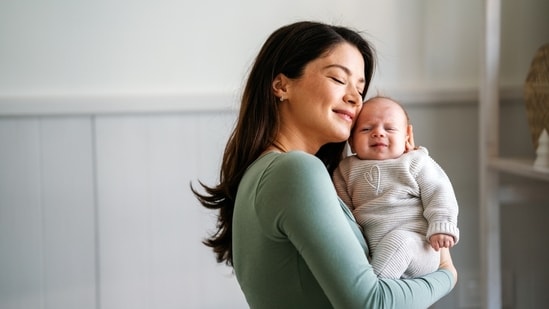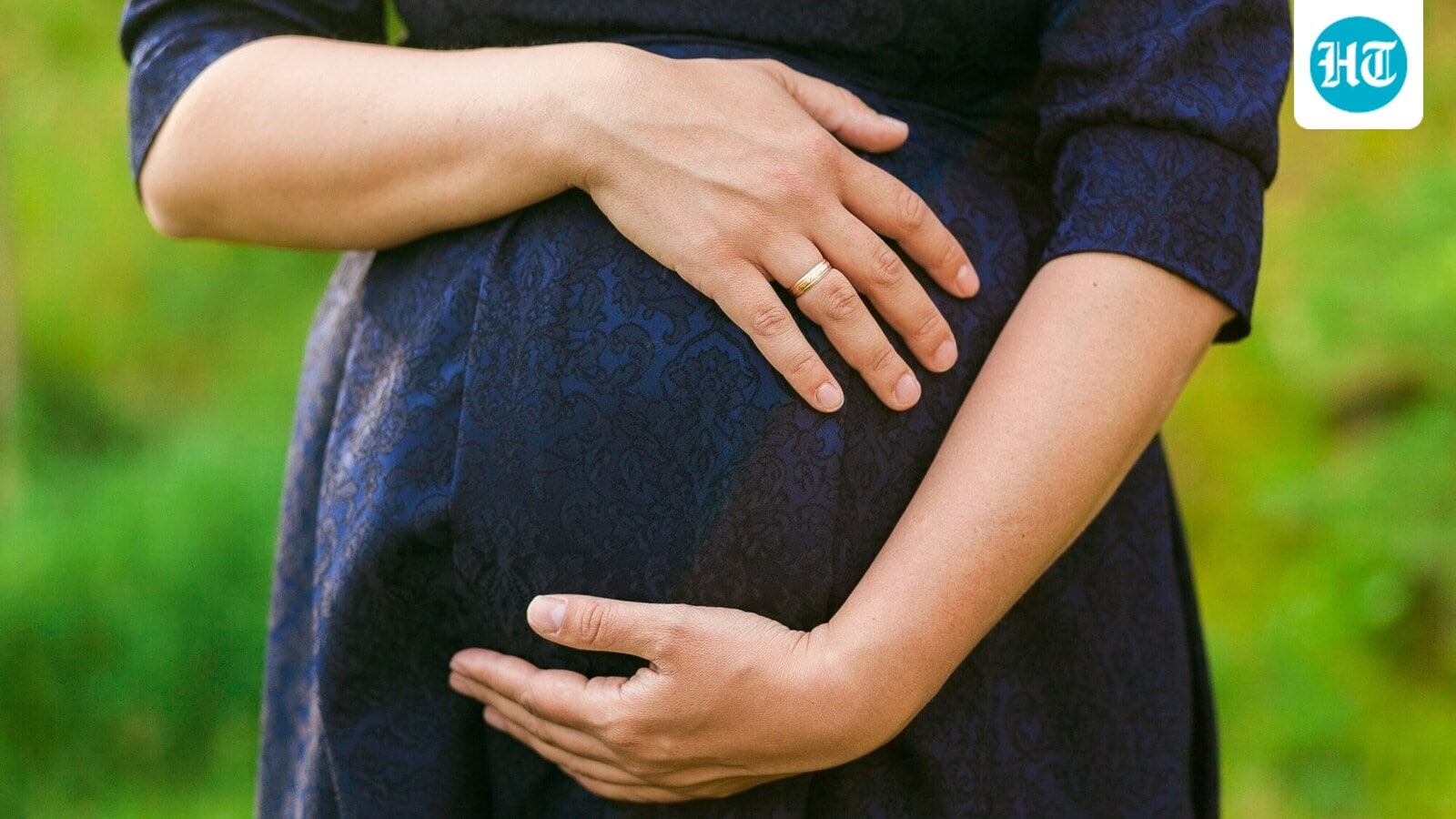Katrina Kaif, Salma Hayek, Halle Berry — celebrities are proof that age is just a number when it comes to motherhood. Many factors, including career goals, financial stability, and personal readiness, likely contributed to their decision to have their first baby in their 40s. Katrina is 42 and expecting her first baby soon.
While data on late pregnancies is still evolving, the 2022 US Census showed that fertility rates have declined for younger women and increased for older women, hinting that despite past beliefs and stigmas, women are having children later in life.
‘Pregnancy later in life is no longer unusual’
In an interview with HT Lifestyle, Dr Neelam Suri, senior consultant in obstetrics and gynaecology at Indraprastha Apollo Hospitals, said, “In recent years, more women have chosen to have children later in life, often prioritising careers, financial security, or personal readiness before starting a family.”
Dr Suri added, “Pregnancy later in life is no longer unusual, and with the right medical care and precautions, many women experience positive outcomes. While risks are higher compared to pregnancies in the 20s or early 30s, informed planning, regular check-ups, and a healthy lifestyle can go a long way in ensuring the safety of both mother and child.”
Fertility and conception
While advances in medical care and assisted reproductive technologies have made it increasingly possible to conceive in the late 30s and 40s, Dr Suri highlighted that pregnancies at this stage come with unique considerations.
“Fertility naturally declines with age, especially after 35, due to a decrease in both the number and quality of eggs. This makes conception more challenging and sometimes requires medical support such as IVF (in vitro fertilization, a form of assisted reproductive technology),” she said.

Risks for the mother
According to Dr Suri, pregnancy after 35 can carry an elevated risk of conditions such as gestational diabetes, hypertension, and preeclampsia. “There is also a slightly higher chance of requiring a cesarean delivery due to complications during labour. Regular prenatal care and early detection of these conditions play a critical role in reducing risks,” she added.
Risks for the baby
“Babies born to older mothers may have a higher likelihood of chromosomal abnormalities, such as down syndrome. There is also an increased risk of premature birth or low birth weight. Advances in screening tests and prenatal diagnostics, however, allow many of these risks to be identified and managed effectively,” Dr Suri said.
Safety and precautions
Despite these challenges, Dr Suri shared that many women in their late 30s and 40s have safe and healthy pregnancies. According to her, key factors that improve outcomes include:
⦿ Preconception planning: Consulting a doctor before trying to conceive to assess overall health and address any pre-existing conditions.
⦿ Regular prenatal check-ups: Frequent monitoring helps manage complications early.
⦿ Healthy lifestyle choices: A balanced diet, moderate exercise, maintaining a healthy weight, and avoiding alcohol or smoking contribute significantly to maternal and fetal health.
⦿ Emotional well-being: Stress management and family support are important for a smooth pregnancy journey.
Note to readers: This article is for informational purposes only and not a substitute for professional medical advice. Always seek the advice of your doctor with any questions about a medical condition.
